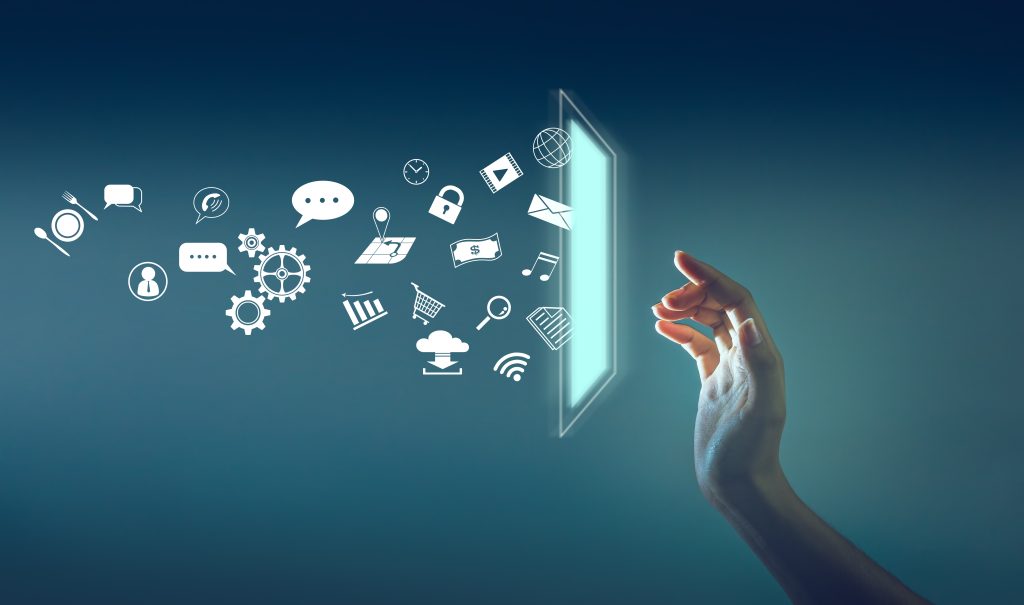Developments in artificial intelligence are driving change in education and pose new questions of educators and learners. Annapurna Ayyappan cuts through the noise to identify the core issues for lifelong learning

From television and radio broadcasts and podcasts to social media platforms, massive open online courses and open educational resources, technology has greatly expanded the horizons of informal and non-formal learning (UIL, 2022). It has also presented learners and educators with new challenges, as well as opportunities for empowerment and exploration. Now, with the advent of generative artificial intelligence and other AI applications, this trend is set to accelerate even further, as highlighted by Oleksandra Poquet and Maarten de Laat (2021), who describe AI as a ‘transformative force reshaping how individuals encounter information, navigate their surroundings, and make decisions’.
Continue reading
